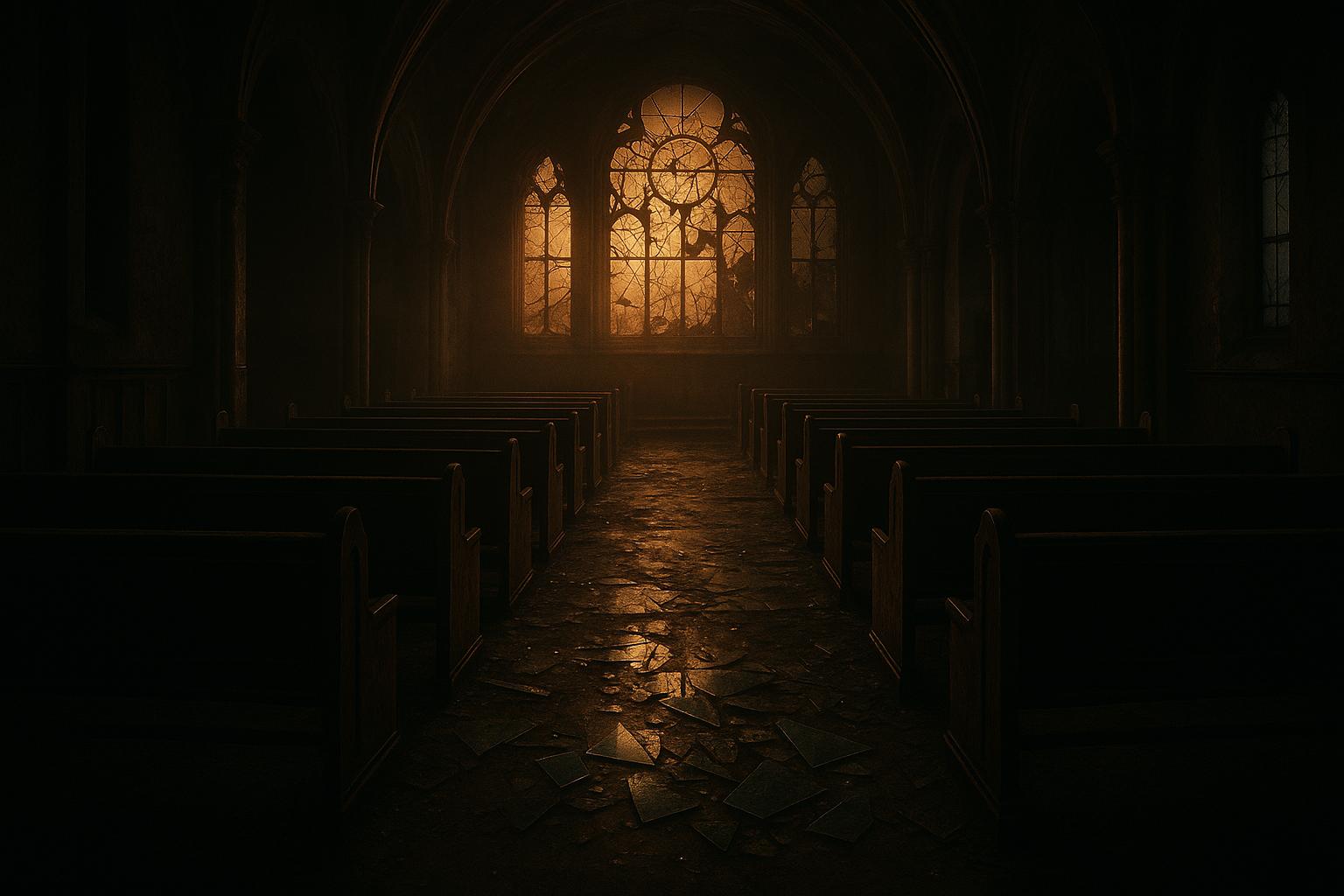In the aftermath of the horrific terrorist attack on the Heaton Park Hebrew Congregation Synagogue in Manchester, the British Jewish community has been plunged into a period of intense grief, fear, and reflection. The assailant, Jihad al-Shamie, a 35-year-old British citizen of Syrian descent, carried out his attack during Yom Kippur, one of the holiest days on the Jewish calendar. He drove into congregants and then stabbed several attendees, killing two men, Adrian Daulby, 53, and Melvin Cravitz, 66, before being fatally shot by police. One of the victims was also accidentally shot by officers during the incident, further compounding the tragedy.
The attack has left the community shattered but determined to carry on amid heightened security measures. Synagogues across Manchester and the UK now see a visible police presence alongside volunteer neighbourhood watch groups such as the Community Security Trust (CST) and the Shomrim, the Haredi Orthodox volunteers. Melvin Cravitz, fondly remembered by neighbours for his warm presence, symbolizes the irreplaceable loss felt by many. Despite the palpable sense of vulnerability, communal support was exemplified by a vigil near the synagogue where people from diverse faiths joined to mourn and express solidarity.
However, the mood on the streets was turbulent, with sharp criticism of national political leadership. Many community members expressed a lack of confidence in the government’s response. Xander, a young man who had his barmitzvah at the targeted synagogue, voiced concerns that political leaders like Keir Starmer were seen as attempting to appease all sides, unintentionally alienating everyone and leaving the door open for extremist forces to gain traction ahead of elections. His fears also extended to the broader impact of social media-driven anger and fear that could exacerbate divisions between communities.
The attack has intensified long-standing concerns over the rise of antisemitism in the UK, particularly amid the ongoing Israel-Hamas conflict which has fuelled increased tensions and incidents. The Community Security Trust documented 1,521 antisemitic incidents in just the first half of 2025, with many influencing the sense of insecurity felt by British Jews. According to Jewish community leaders, this attack was a tragic inevitability after years of mounting hostility and rhetoric. Levi Schapiro, founder of the Jewish Community Council representing parts of Britain’s strictly Orthodox Jewish population, highlighted the urgency for unity and called on non-Jewish communities to stand against antisemitism with renewed solidarity.
The political fallout included a plea from the UK government, represented by Interior Minister Shabana Mahmood, to cancel a planned pro-Palestinian protest in London to allow the Jewish community space to grieve. The attack also drew widespread condemnation from national and international figures, including Israeli President Isaac Herzog. Together with British faith leaders, they stressed the importance of maintaining interfaith harmony, as reflected in the vows of local neighbours of different religions to nurture community bonds despite external pressures.
This tragic incident underscored deep concerns about rising far-right and extremist violence. The deputy prime minister, David Lammy, faced a hostile reception at the vigil, with some members of the crowd calling for an end to marches that they felt could exacerbate tensions further. Yet voices like Rabbi Daniel Walker, whose synagogue was targeted, appealed for resilience and goodness in the face of darkness, urging the community not only to recover but to emerge stronger.
Personal stories from within the community added poignant dimensions to the collective pain. Abe, a Jewish father who had avoided discussing antisemitism with his children, found himself compelled to explain the harsh reality that their faith alone can provoke hatred. In contrast, instances of inter-communal support were evident, such as Muslim and Christian neighbours rallying to comfort Jewish residents, affirming shared humanity beyond the plight of political conflict.
Looking forward, the tragedy has reopened debates about the effectiveness of government measures to counter antisemitism and protect vulnerable communities. While the UK government pledged £70 million towards bolstering security at Jewish institutions, many within the community feel that symbolic gestures like “thoughts and prayers” fall short against the complex challenge of rising extremism. The Jewish community’s hope lies in fostering genuine societal understanding and unity to prevent further violence and to ensure their enduring safety and inclusion in British society.
📌 Reference Map:
- Paragraph 1 – [1], [5], [2]
- Paragraph 2 – [1], [6]
- Paragraph 3 – [1], [3], [6]
- Paragraph 4 – [1], [3], [6]
- Paragraph 5 – [4], [7]
- Paragraph 6 – [1], [7]
- Paragraph 7 – [1], [3], [7]
- Paragraph 8 – [1]
Source: Noah Wire Services
